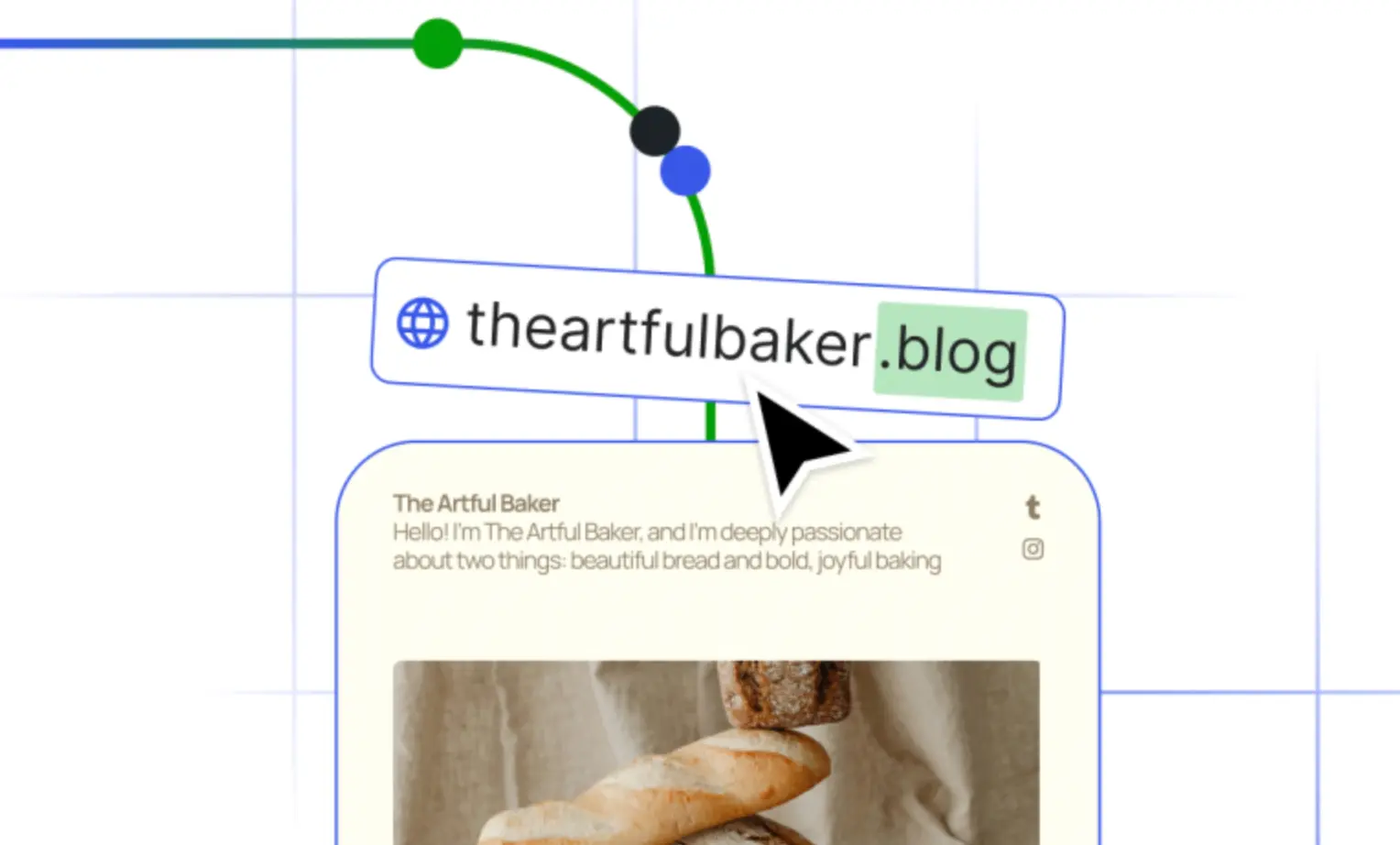Google's March 2024 Core Update Will Reduce AI and Spammy Content By 40%
Updated on
Published on
In March 2024, Google released its most recent update, which altered its approach to combating spam and improved the calibre of its search results. This major update includes both changes to the algorithms and new rules about spam. These changes show that Google is determined to give users useful and accurate information while also fighting manipulative actions that hurt the Google search experience.

Google's method for improving its core ranking systems is more complex and multi-faceted. In contrast to earlier versions, this update signifies a change in how Google determines whether content is helpful by modifying numerous core systems. The goal is simple: to decrease the amount of duplicate and low-quality content in search results while increasing the amount of helpful and relevant content on the web. This update enhances the algorithms' capacity to detect valuable content and adds new signals and methods to guarantee better, more accurate search results. But because this update is so complicated, the rollout could take up to a month. During that time, rankings may change as different systems are updated and made stronger.
In its efforts to maintain the integrity and usefulness of search results, Google is taking decisive action to address the proliferation of AI-generated content through its March 2024 core update and updated spam policies. Google is trying to stop manipulative practices that use automated or human-generated content to artificially boost search rankings. This tactic is specifically aimed at scaled content abuse. By implementing stringent measures, Google seeks to ensure that content created through AI or human efforts aligns with its quality standards, delivering genuine value to users. This proactive approach underscores Google's commitment to combating spammy tactics while fostering an online environment where informative and authentic content prevails.
Central to the core update is Google's emphasis on prioritizing content created for people rather than for search engines. Creators are encouraged to continue focusing on producing satisfying and reliable content, as there are no specific actions required for this update unless their content fails to meet these standards. To assist creators in understanding the update and optimizing their content, Google provides resources such as an FAQ page and guidance on creating helpful, reliable, people-first content. By aligning with Google's guidelines and best practices, creators can ensure their content stands the best chance of ranking well in search results.

Complementing the core update are new spam policies aimed at addressing emerging tactics used to manipulate search rankings and degrade the quality of search results. These policies target practices such as expired domain abuse, scaled content abuse, and site reputation abuse, which have become increasingly prevalent in the online landscape. Expired domain abuse involves purchasing expired domain names and repurposing them to manipulate search rankings with low-value content. Scaled content abuse encompasses the generation of numerous pages solely for the purpose of manipulating search rankings, regardless of the method used to create them. Site reputation abuse occurs when third-party pages are published without oversight to manipulate search rankings using a first-party site's signals. To combat these practices effectively, Google has updated its spam policies, enabling more targeted action against manipulative behaviours that undermine the integrity of search results.
One significant aspect of the new spam policies is their broader scope and updated criteria for identifying spammy practices. For instance, the policy against scaled content abuse expands beyond the previous focus on automatically-generated content to encompass any method of producing content at scale to manipulate search rankings. This includes content generated through automation, human efforts, or a combination thereof. Similarly, the policy on site reputation abuse clarifies that not all third-party content is considered a violation; only content hosted without close oversight and intended to manipulate search rankings is deemed spam. By providing clear guidelines and examples, Google aims to help creators understand and comply with the new policies to avoid ranking penalties.

Moreover, the rollout of the March 2024 spam update coincides with the introduction of these new policies, signalling Google's commitment to promptly addressing spammy practices and maintaining the quality of search results. Websites found to violate these policies may experience lower rankings or exclusion from search results altogether. Google notifies site owners of any manual actions through their registered Search Console account, allowing them to request reconsideration if affected. The proactive enforcement of these policies underscores Google's proactive approach to combating spam and ensuring a positive user experience for its search engine users.
Overall, Google's March 2024 update represents a concerted effort to enhance the quality of search results and combat spammy practices that undermine the user experience. By refining its core ranking systems and implementing new spam policies, Google aims to prioritize valuable and relevant content while deterring manipulative behaviour. Creators are encouraged to align with Google's guidelines and best practices to ensure their content remains visible and valuable in search results. As Google continues to evolve its algorithms and policies, maintaining a focus on user satisfaction and content quality will be paramount for creators seeking success in search rankings.



webp.webp)
webp.webp)




